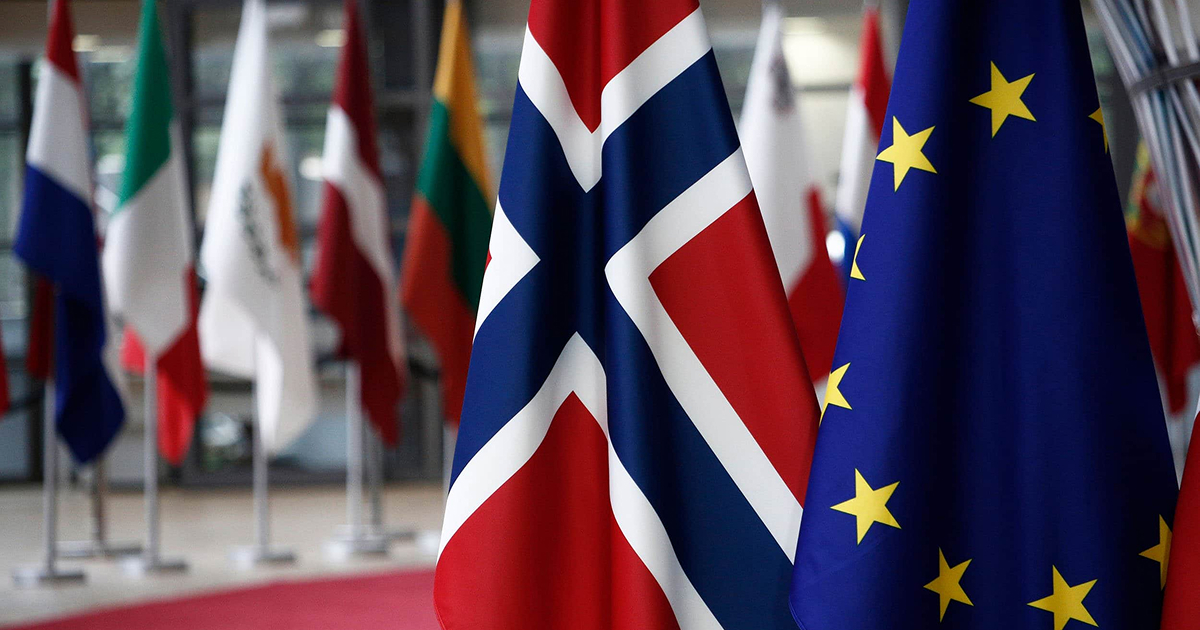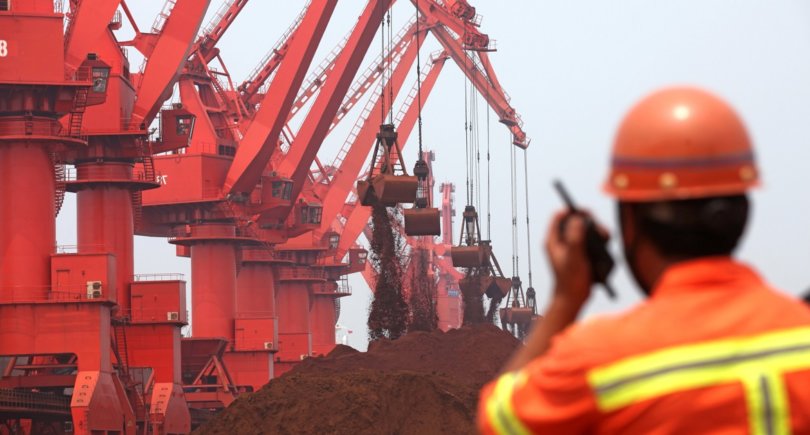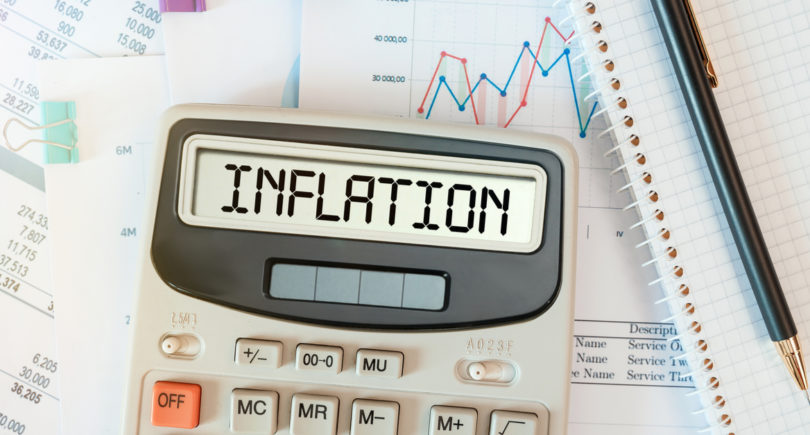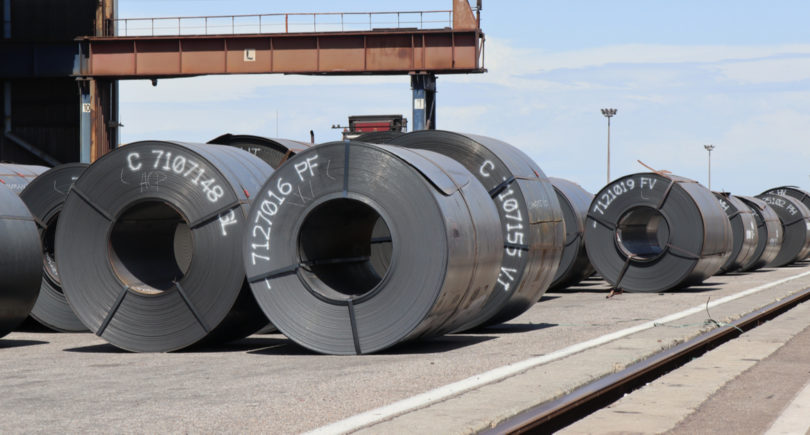
News Global Market CBAM 1836 10 March 2025
The country's authorities seek to protect national industry and stimulate the reduction of CO2 emissions in the world
Norway plans to implement the Carbon Border Adjustment Mechanism (CBAM) in 2027. This decision is supported by the government, and the Ministry of Climate and Environment together with the Norwegian Environmental Protection Agency (Miljødirektoratet) is primarily responsible for implementation. A special meeting on the implementation of this mechanism is scheduled for March 13, according to the government’s website.
The CBAM is designed to ensure fair pricing for greenhouse gas emissions from industrial production. This means that imported products from countries with less stringent environmental standards will also be subject to a carbon tax, as will goods produced within the EU and Norway. In this way, the Norwegian government seeks to create a level playing field for local producers and avoid “carbon leakage” – the relocation of industry to countries with more lenient environmental regulations.
“Norway and Europe have ambitious climate policies. CBAM will help set the same price for emissions for all goods, regardless of the country of production. This is beneficial for Norwegian industry and will help to preserve jobs,” said Andreas Bjelland Eriksen, Minister of Climate and Environment.
Jens Stoltenberg, Minister of Finance, also emphasized that CBAM will be a useful tool to maintain the competitiveness of Norwegian companies and at the same time encourage other countries to introduce carbon regulation.
The main coordinating role in the implementation of the mechanism will be played by the Miljødirektoratet. In addition, the Norwegian Tax Authority and the Customs Service will have important functions.
EUROFER has once again called for urgent improvements to the CBAM. The steel association is concerned about the difference in the timeframe for simplifying and improving the efficiency of the mechanism.
As GMK Center reported earlier, the European Commission may consider excluding 80% of the companies covered by the cross-border carbon adjustment mechanism from the border carbon levy.




